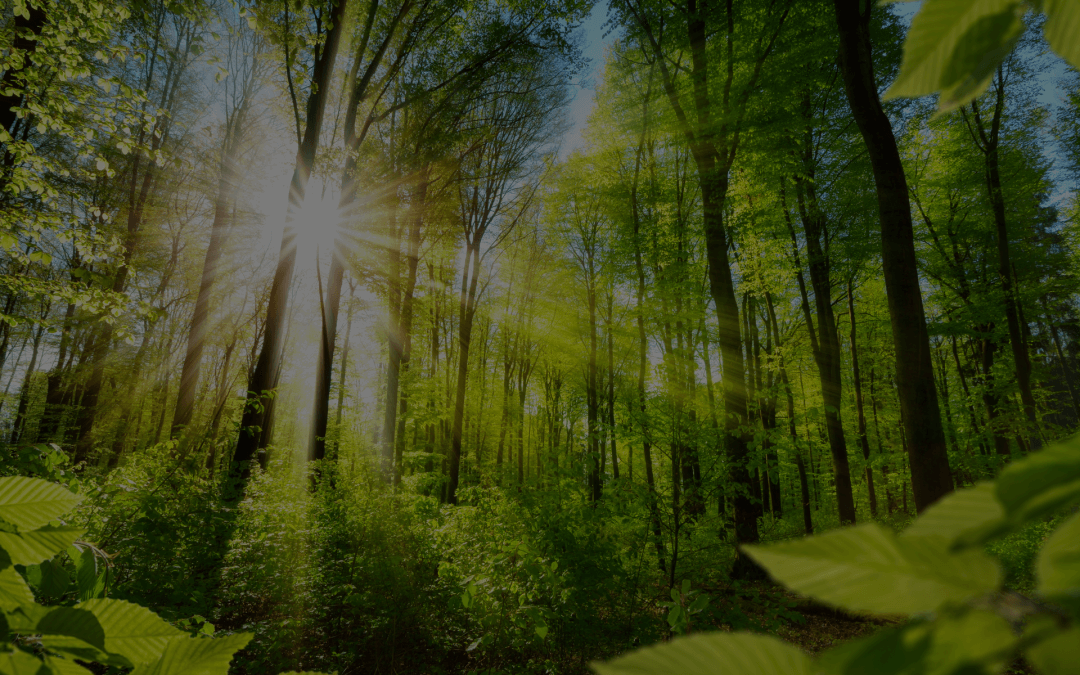In a recent article in the Economist I read that young children should be the first to return to school after the Covid-19 pandemic on the basis that they are not yet capable of self-directed learning. This is quite ironic – young infants, arguably, are the most capable cohort in society when it comes to self-directed learning. They are always curious, engaged, active and exploring. Their life is essentially one process of self-directed learning. Until they get to school that is. When we say that young children are not capable of self-directed learning, perhaps what we mean is they are not as capable of ‘other-directed’ learning. It is hard to make them learn things that we think they should be learning, but they don’t have any real interest in. They are quite capable of pursuing their own interests. The problem is that we don’t deem their activities legitimate learning because maybe it falls outside the purview of the curriculum. Young children are less obedient, less compliant, and we are less able to manipulate them. They have not yet been indoctrinated into the our ‘carrot-and-stick’ ways, through which we create extrinsic motivations that simultaneously impoverish intrinsic motivation. We humans are the learning animal. We are naturally endowed with the means through which we can learn about our world. This is a natural process that cannot be forced or improved upon, only damaged, inhibited and stunted – something school does quite well.
In his book, Free to learn, Peter Gray argues that, given freedom and opportunity, children can and do educate themselves very competently. Schools were created not because scientifically they were shown to be the best way to learn but because they are the result of history. Gray argues that with the arrival of agriculture humans began attempting to control nature. This involved the taming of plants and animals so that they can be used by people rather than being equal partners, which previously they had been. This effort to control, writes Gray, was extended to children.
Our ideas about education are based on agricultural metaphors: raising and training children. Parenting is talked about in terms of ownership of children in much the same way we own crops of livestock. We train horses to do the tasks we want them to; similarly, we train children in ways we think will lead to future success (or perhaps more accurately success of the capitalist society). We do this regardless of whether the child wants this training or if they individually prosper from it. Training, as Gray points out, involves suppression of the person’s will; it involves discipline. This was all alien to the hunter-gatherer mindset.
In hunter-gatherer cultures, plants and animals were free to grow on their own. They depended on their environment but it was the internal processes of the organism that determined the direction of growth. The organism used the environment for its own growth-needs. Gray gives the example of a fox – its environment includes its parents who provide sustenance and exemplars for fox behaviour. But it is the young fox themselves who decides how and when to take all of this in. Adults in hunter-gatherer societies acted in the same way. They were part of the substrate that supported the child’s development. But the child themselves was the directing force.

